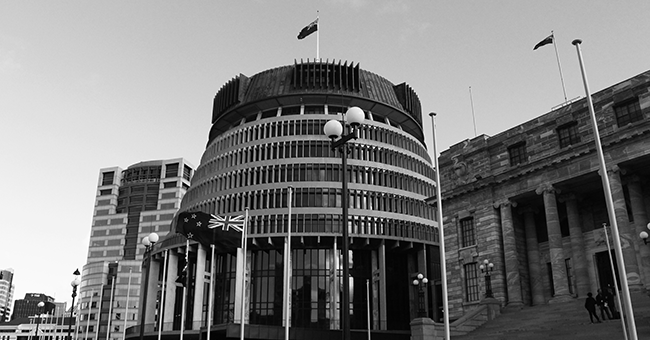As measles continues to circulate in New Zealand, the Ministry of Health says it’s vital to continue working on prevention and control measures.
New Zealand was verified by the World Health Organization as having eliminated endemic measles and rubella in October 2017. The 350 cases of measles reported so far in 2019 have stemmed from travellers bringing the disease from overseas.
At a meeting last month, the National Verification Committee for Measles and Rubella Elimination (NVC) warned that New Zealand’s elimination status was at risk, as a result of multiple measles importations, and low rates of domestic immunity in some groups. It also considers that the current situation in New Zealand could become a threat for other countries in the Pacific region.
The NVC provides expert advice on the prevention and control of measles and rubella, including verification of their elimination.
The Ministry’s Director of Public Health, Dr Caroline McElnay welcomes the NVC’s recommendations.
“I want to acknowledge the Committee’s advice. We’ll be using this to further develop the strategies we need to address the current rise in measles cases and immunity gaps within our community,” says Dr McElnay
“The most important thing people can do right now is to make sure they and their whānau are protected. If you’re not immune, or not sure, you should contact your family doctor or nurse to make an appointment to get vaccinated. Immunisation is the best protection against measles, and it’s free.
“The Ministry’s immediate priority is to ensure that our national immunisation schedule remains on track. This will prevent immunity gaps developing in the future.
“We know that people aged between 12 and 32 years have lower rates of immunisations than young children so are less likely to be protected against these diseases. The MMR vaccine is free for anyone under 50 who has not had two documented doses and is available nationwide from your General Practice.
“Because measles is so contagious, imported cases spread particularly quickly among unimmunised people. If you’re travelling overseas you should make sure you’re fully immunised against measles before you go,” Dr McElnay says.
Background
Measles is considered to be endemic when there has been more than 12 months of uninterrupted transmission of the disease caused by one virus strain.
The current ongoing outbreaks began between March and June this year – if one of them is still ongoing one year after it started then measles will no longer be considered as eliminated in New Zealand.








